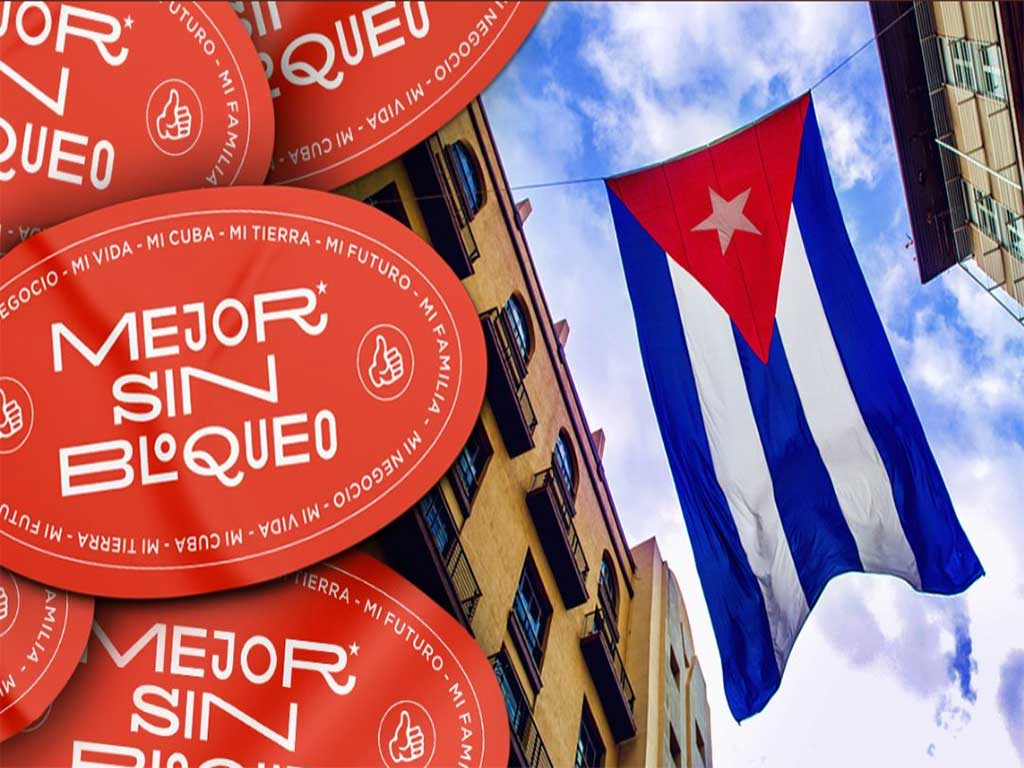
By María Josefina Arce
Barely 15 days have passed since the overwhelming condemnation at the UN of the US blockade against Cuba, and the inhuman and genocidal measure continues to be denounced by the international community for its negative effects on the daily life of Cubans and on the socio-economic progress of the Caribbean nation.
The International Tribunal against the economic, commercial and financial blockade against the Greater Antilles began its sessions in Brussels, an initiative launched last July in the context of the Peoples' Summit, held in parallel to the Summit of CELAC, Communities of Latin American and Caribbean States, and the European Union.
Representatives of European and U.S. society and various organizations and political parties have contributed to and supported the realization of this event of great importance, since it will allow to continue making visible to the world the genocidal and extraterritorial nature of the U.S. encirclement.
For two days, five judges and three European and American prosecutors will hear the testimonies of some twenty people, including Cuban deputies, on the effects of Washington's hostile policy, which has a high humanitarian cost, as it limits the resources needed for such sensitive areas as health, food and education.
Let's not forget that from 2017 to 2021, under the administration of then President Donald Trump, more than 240 measures were adopted that led to the tightening of the blockade, including during the COVID 19 pandemic, which hindered Cuba's acquisition of medicines and equipment necessary for the care of those infected with the virus.
For more than six decades, the economic siege has considerably affected Cuba's trade relations with other nations. The enactment in 1996 by then President William Clinton of the Helms Burton Act internationalized the blockade.
Twenty-three years later, in 2019, the Trump administration activated Title III of the aforementioned legislation for the first time, despite the rejection of various sectors of U.S. society and traditional partners of Washington such as the European Union and Canada.
This title allows lawsuits in U.S. courts for properties legally nationalized by the Cuban government, which has had a negative impact on the prospects of attracting foreign investment.
Under this law, companies from European countries have been sanctioned by the U.S. State Department and have had to pay millions of dollars in fines for dealing with Cuba.
Although the Court's ruling is not binding, it is a new opportunity to make visible the damage caused by the blockade, which from March 2022 to February 2023 alone caused losses to the country of more than four thousand 800 million dollars, limiting the socio-economic development and welfare of its citizens.

